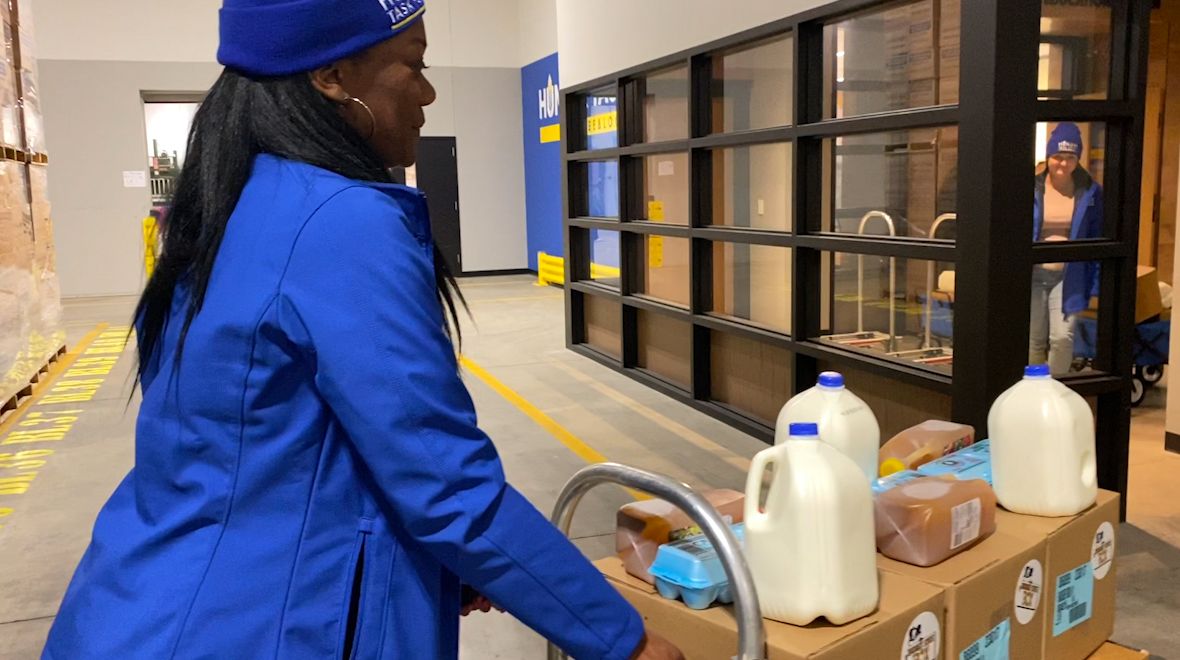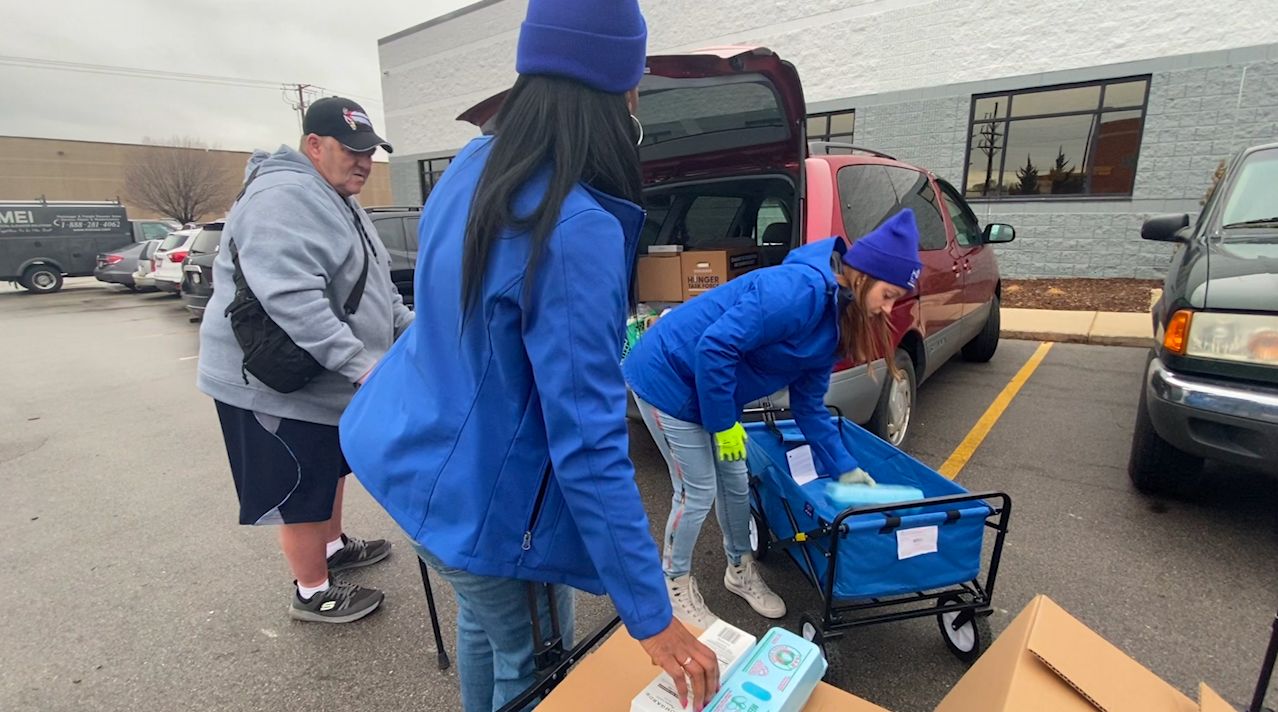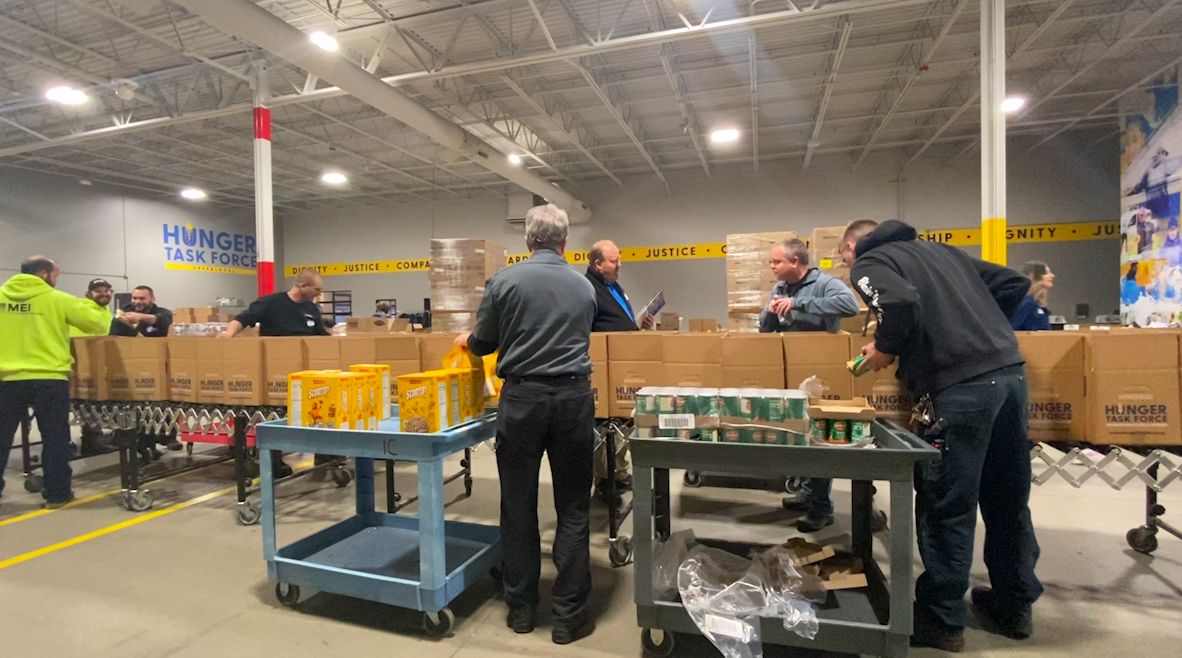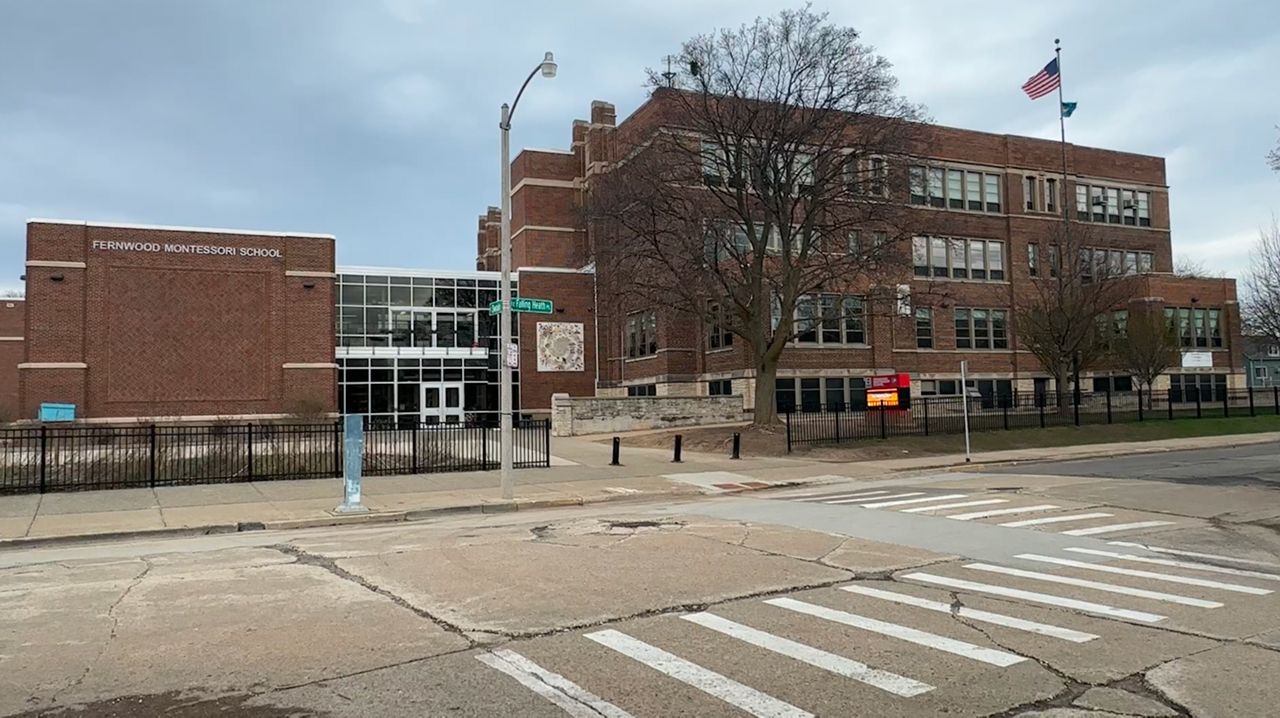MILWAUKEE — Families across the state will no longer receive extra FoodShare program COVID-19 pandemic benefits starting March 1.
During the COVID-19 Pandemic, every Wisconsin household on FoodShare received two monthly payments. The first monthly payment is the household’s “Regular FoodShare Amount,” and the second monthly payment is the “Extra COVID FoodShare Payment.”
According to the DHS, in November 2022, 709,223 FoodShare recipients each received approximately $95 a month in extra FoodShare benefits. This would total nearly $1 billion annually, that Wisconsinites would lose in food buying power.
Executive Director of Hunger Task Force Sherrie Tussler said this is going to be a tremendous change for many.

“Here in Milwaukee, about a quarter of a million families are going to be impacted, so that’s a big deal,” said Tussler.
Hunger Task Force is working to get the word out and to prepare families for what’s to come.
Tussler said while many families will feel the weight of these benefits ending, one demographic in particular will really struggle.

“The seniors elderly and disabled people are going to be most impacted because they may be living in some subsidized housing,” said Tussler. “When they are, their benefit is gonna go from about $280 down to $23. That’s a lot.”
She said any current benefits that seniors may have on their card will last on that card for an entire year.
Tussler said the state and federal governments have also reduced the commodities that Hunger Task Force’s warehouse would normally have.
“We have less food to give,” she said. “So we're talking about this being the perfect storm. We are people are going to need food from a food pantry and that food pantry will have less food than it has had in about four years.”
All FoodShare members in the state were getting at least $95 in additional benefits each month.

In this current climate where inflation impacts the cost of food, the impact will be felt all around. At a time where families rely so much on this help, Tussler is worried things may spiral downward.
“I think we are returning to what was once a hostile environment for low-income people in our state,” she said.
In the middle of the hurdles, Hunger Task Force is hoping to still be a beacon for families in the state, providing resources and assistance as they can.










